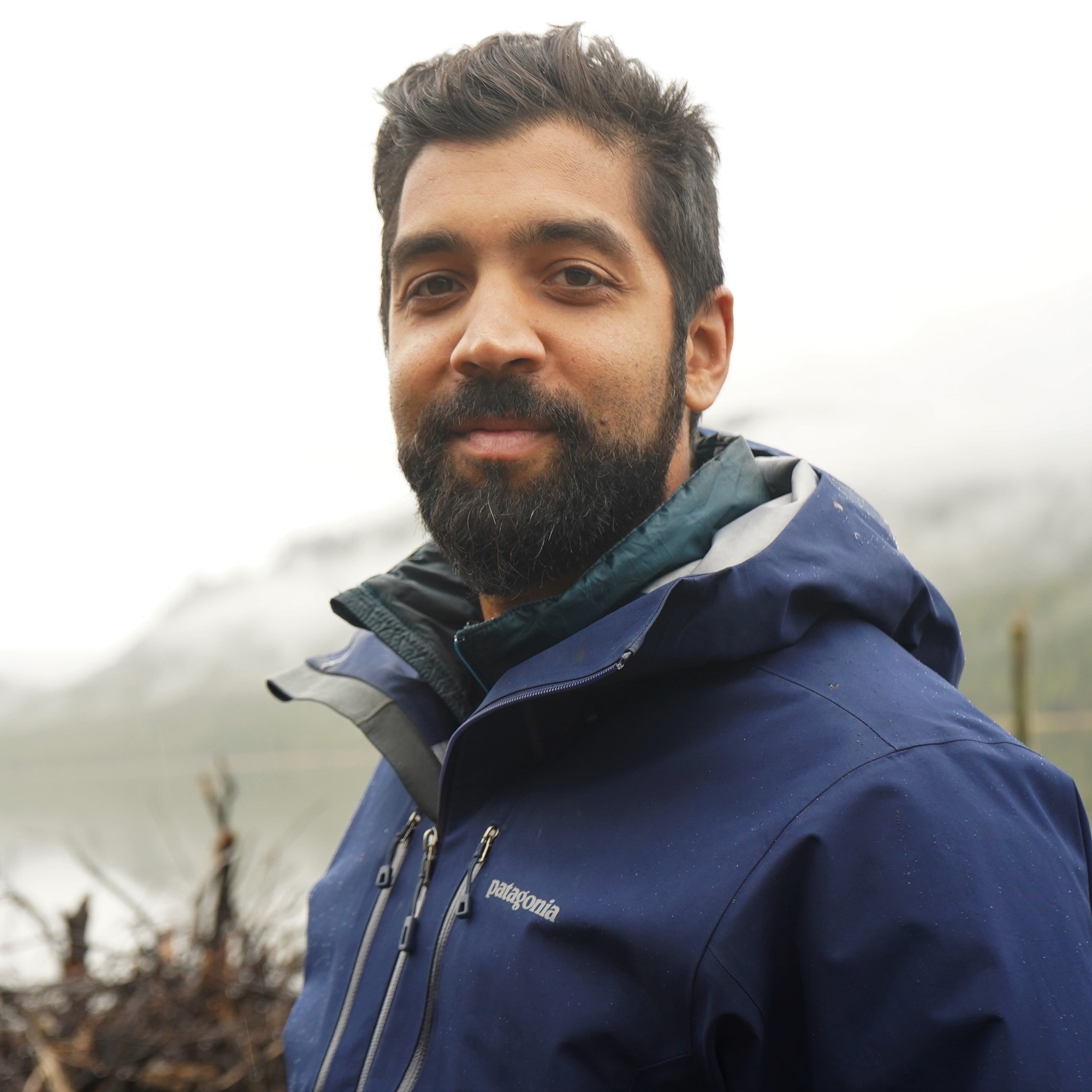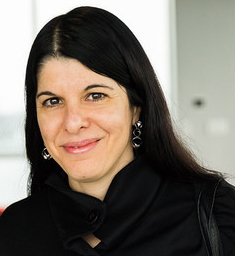IRES Seminar Series
Time: 12:30pm to 1:30pm (every Thursday)
Via Zoom
View video.
*********************************************************************************
Counter-Institutionalizing First Nation-Crown relations in British Columbia
In Canada, the advance of industrial resource extraction has been moderated by a series of key legal decisions which have found that development activities within the traditional territories of Indigenous groups may infringe on aboriginal and treaty rights, requiring a duty to consult and potentially accommodate those affected. In British Columbia this duty is primarily satisfied through the crown referrals process, whereby affected First Nation groups are notified by the crown regarding potential rights-affecting decisions and are given an opportunity to formulate a response. This form of institutionalized engagement presents an ongoing challenge for First Nation groups who struggle to manage the influx of crown referrals as well as a dilemma for those who question its fairness and inherent colonial structure. For others, it is seen as an opportunity to leverage the duty to consult and accommodate in order to strengthen territorial self-governance. In this presentation I explore the ways in which the crown referrals process has been utilized and redrawn by First Nation groups in order to achieve their territorial goals, and the trade-offs involved.
Anthony Persaud

IRES PhD Program
Bio:
Anthony is a PhD candidate and community development practitioner with a broad focus on the intersections between community well-being, economic futures, and Indigenous territorial self-governance. Under the supervision of Dr. Terre Satterfield at IRES-UBC, his action-based research seeks to understand how institutional innovations in relation to housing, natural resource management, and consultation and accommodation processes enable First Nation groups to achieve their cultural economic goals. Anthony brings to his work more than a decade of experience working directly with rural and Indigenous communities and authorities in British Columbia and internationally in West Africa and Latin America. He approaches all of his work utilizing decolonizing, community-based participatory methods with the aim of enhancing Indigenous self-determination.
Adaptive Mitigation: A framework for assessing interactions between climate adaptation and mitigation approaches in urban multifamily buildings
Understanding of the interrelationship between climate adaptation and mitigation strategies in the built environment has been very limited, potentially resulting in unintended risks, redundancies, additional costs, and missed opportunities. There is a need to expand this area of investigation and provide associated analysis tools to the building industry.
Our research asks how the design process for multifamily buildings in urban neighbourhoods can effectively integrate both climate adaptation and mitigation considerations. Urban multifamily buildings are an important typology because of their concentration of GHG emissions, occupant densities, and often vulnerable residents. Drawing from a wide range of literature, guidelines, policies, and input from key experts, we developed an integrated building adaptation and mitigation assessment (IBAMA) framework to help practitioners more effectively evaluate solutions. IBAMA is being developed for BC Housing with funding provided by the Pacific Institute for Climate Solutions.
Ilana Judah

IRES MSc Program
Bio:
Ilana is an MSc Student under the supervision of Dr. Stephanie Chang. A practicing architect for over 20 years, she was formerly a Principal and Director of Sustainability at FXCollaborative, a New York City architecture firm known for their pioneering work on sustainable high-rises. Ilana served on several industry task forces to address sustainability, climate change mitigation and adaptation in buildings. A Certified Passive House Designer, she was co-author of a research study on the feasibility of implementing the Passive House standard on residential high-rise buildings. Ilana studied architecture at McGill University and is a registered architect in Quebec and New York.